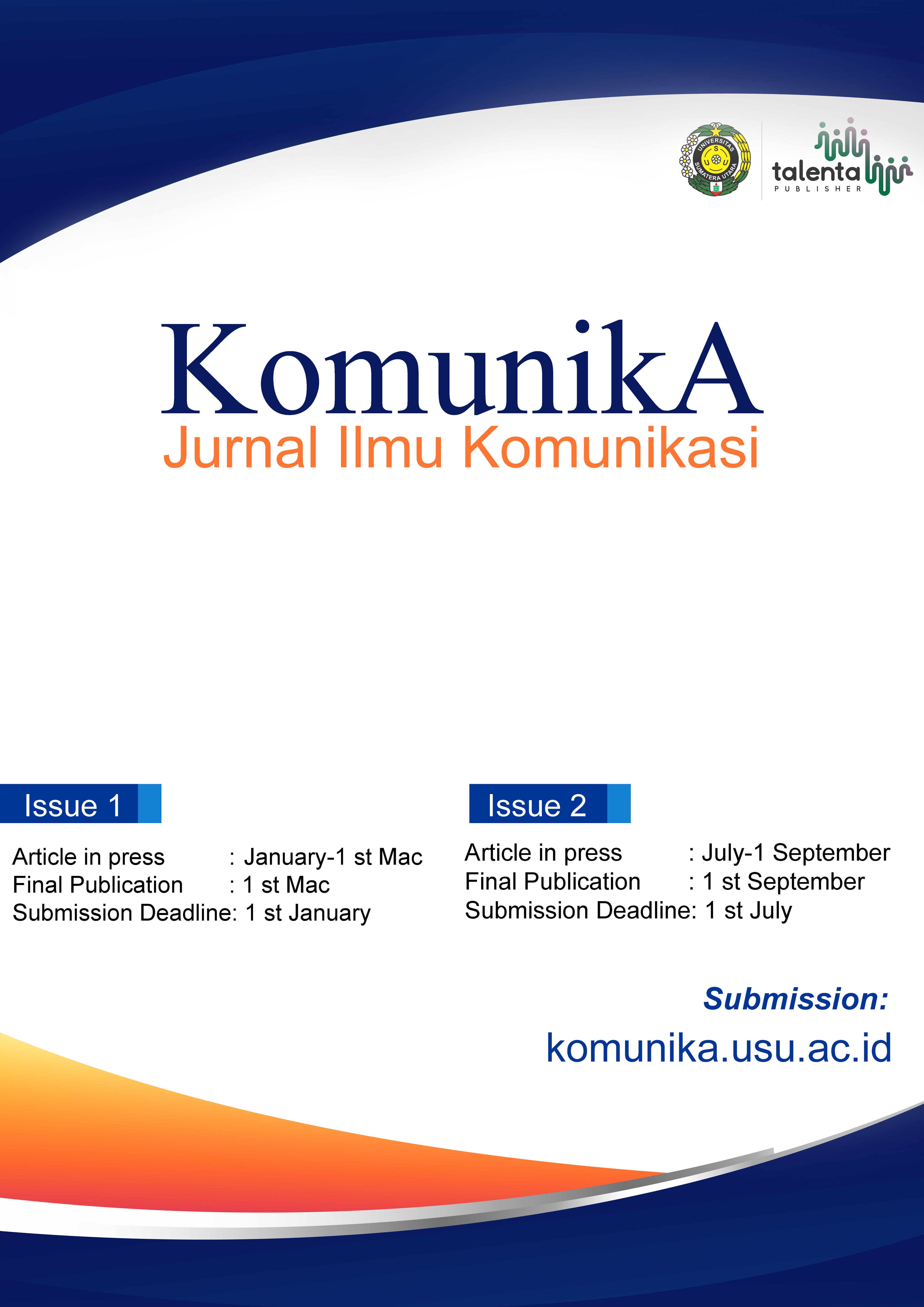Cultural Shock for Journalists Transitioning from Print to Online Media
DOI:
https://doi.org/10.32734/komunika.v20i02.17543Keywords:
culture shock , online media, journalist, digitalizationAbstract
The emergence of a new culture also occurs in the era of digital disruption. Digital media makes journalism undergo a transformation. In this context, technology can affect journalism in four ways, namely: a) the way journalists work in finding information; b) the nature of the news content; c) the organizational structure of the media in the newsroom; and d) the nature of the relationship between the media, reporters and a number of publics such as audiences, competitors, news sources, sponsors, and regulations that can control the press. In addition to the competence of journalists, organizational culture has also changed in line with efforts to adapt to digitalization. Cultural changes can be experienced by journalists who move from print media to online media. The journalists must adapt to the atmosphere, way and new work culture. This study used a qualitative descriptive method with data collection techniques using observation and face-to-face interviews with informants. The research subjects were selected based on the required informant criteria using purposive sampling, namely journalists in Medan City who moved from print media to online media. Based on the research results, the third informant experienced the most significant cultural changes in the work atmosphere and work methods and culture. Cultural change can be seen through the dimension of culture shock; affective, behavioral, and cognitive. The process of the three informants in dealing with changes in work culture, can be analyzed using 4 stages in culture shock, namely: Honeymoon Stage, Rejection or Regression Stage, Adjustment or Negotiation Stage, Mastery Stage.
Downloads
Downloads
Published
Issue
Section
License
Copyright (c) 2024 KomunikA

This work is licensed under a Creative Commons Attribution-ShareAlike 4.0 International License.








